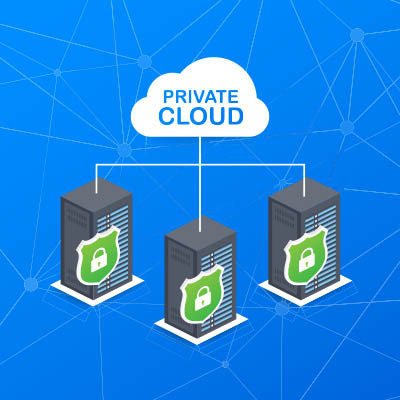The cloud has proven to be an extremely useful tool for modern businesses. Not only does it provide anywhere-anytime access to applications, processing, storage, and more, it also delivers those products as a service, allowing an organization--or an individual--to budget for recurring costs rather than major upfront ones. This provides your organization with functional, supported, and secure computing environments that eliminate a lot of the support costs that traditional computing environments require. It sounds like a perfect scenario for small and large businesses alike, but things aren’t always what they seem, as a lot of cloud users have found that they have incurred several hidden costs by using cloud platforms. Today, we take a look at these hidden costs.






























